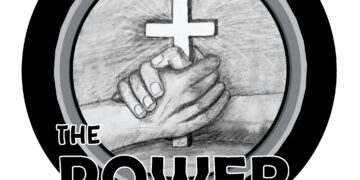
A little over a decade ago, I moved from a position where I had daily interaction with the majority of the folks I worked with and zero responsibility for administering disciplinary action to one where I was involved in issuing nearly every write-up in the facility. To be completely honest, the change sucked – but it was still my job to adhere to the policy manual and hold folks accountable for behaviors that violated those policies. One of the toughest scenarios I ever had to work through was with a fellow everyone loved. He was great at his job but he was really talkative. It wasn’t uncommon at all for him to chat with other random employees for 10-15 minutes of every hour.
While he was still making his own numbers, it was indeed having an impact on others around him; through a hit on their productivity as well as the example he was setting for everyone watching. I remember talking with him as part of each step in the disciplinary process, all the way through termination. Every one of those conversations was hard because I really care about him but turning a blind eye would tell him and anyone else paying attention that the behavior was acceptable. Each time, I was very intentional to explain that addressing the specific issue had to be done but it didn’t change the fact that I considered him a friend. Now let’s bring this a little closer to home… I’m guessing that if you have children, you’ve had to work through similar things; I sure have.
My son, Matt, is 28 years old today and has grown into a fine young man. That said, I can’t count the number of times where I had to address unacceptable behaviors with him. The difference between the workplace and dealing with these types of situations with a friend or family member is we don’t have a policy manual or steps in a progressive disciplinary process; we can’t fire our kids!!! Another big difference is how much easier it is for emotion to take over, especially when we’ve been through something over and over with that friend or family member. That doesn’t change the need for us to balance candor and care though…
When we’re able to keep that balance in check and address an issue while prioritizing the importance of the relationship, we strengthen the relationship. I still have great conversations with my former co-worker each time I see him, and I couldn’t ask for a better relationship with my son. Both were hard, for very different reasons, and I’m certain that neither relationship would be as good today if I had avoided the issues. Even when we’re prepared to do this with our emotions in check, there’s something critical we should be asking ourselves before going through with it so that’s where we’ll pick up next time…


































